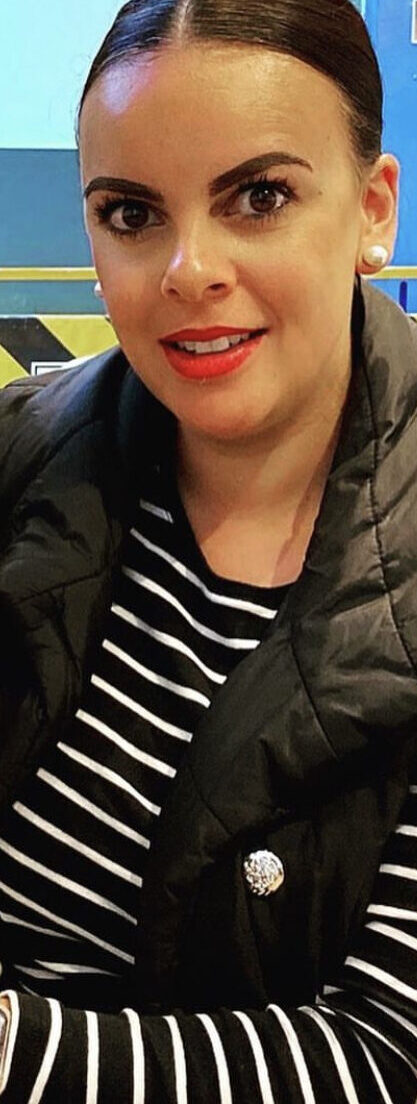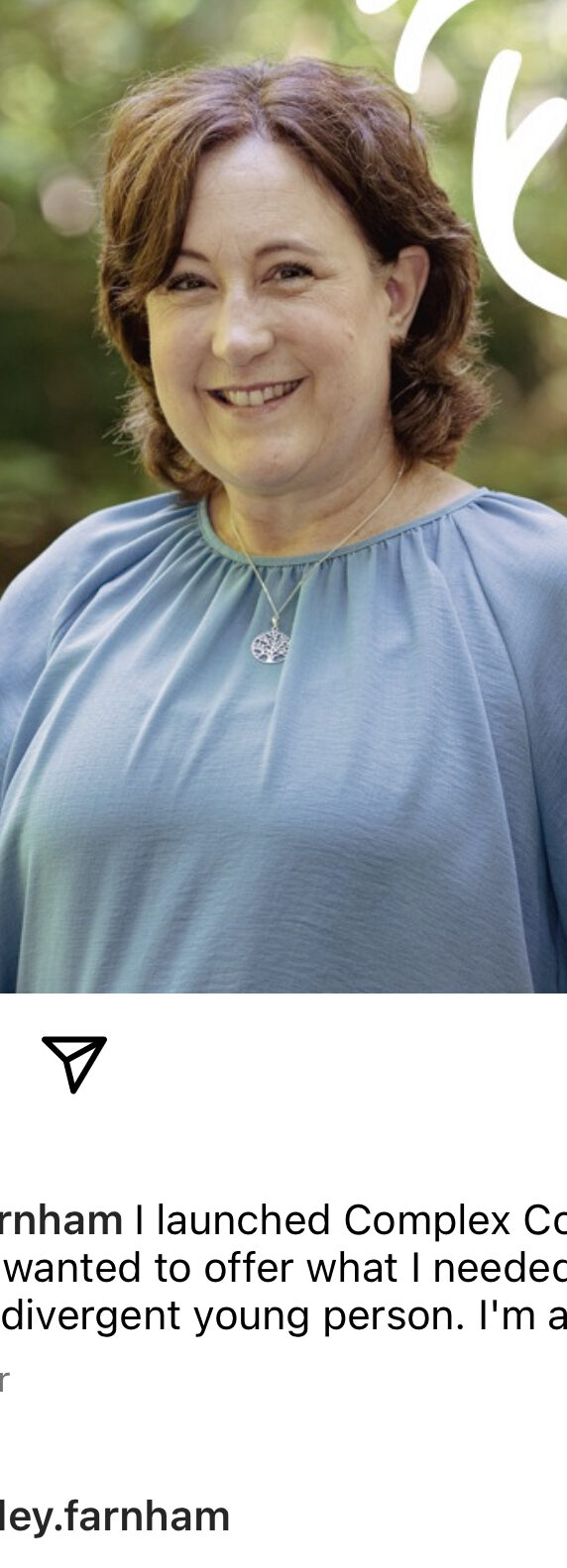People have always shared knowledge. Even in today’s digital age, the best thinkers on the planet write down what they know and share it. This way, you and I can know what they know. Similarly, when it comes to asking the ultimate educational question, ‘What Makes Great Teaching?’, the world’s best knowledge is readily available. Of course, the answer is incredibly complex. However, Professor Rob Coe has made it his life’s mission to not just share the most useful pedagogical knowledge on the planet, but, crucially, to present it to us in a consumable way. Page 6 of ‘The Great Teaching Toolkit’ provides an incredible ‘one side of A4’ summary of great teaching that serves as a free, access all areas VIP-pass, into the complex world of pedagogy. How far and how deep you travel after that, depends entirely on you. The Great Teaching Toolkit Evidence Review is so useful, that, even if you don’t read it, you should at least sleep with it under your pillow!
Interestingly, the more we learn about what a teacher could, and probably should, say and do in the classroom in order to maximise impact on student gains, the more the evidence points to the success of teaching being found outside of the teaching moment. And whilst there is sense in analysing the performance of teachers with the most impressive student performance data, and then set about scaling that up to the teacher-masses, the outcomes of this process have increasingly revealed that any pedagogical skillset is only able to become meaningful when it is brought to life in the context of an accurate and detailed sequence of learning. Think of it this way; imagine top Formula One driver, Lewis Hamilton, spending year after year, hour after hour, practising and refining his driving ability only to enter the starting grid in a tiny 1.0 litre engine run-around car. For years, schools have been checking, judging, and even coaching the drivers without nearly enough attention to the car they are driving. Clearly, maximum overall performance comes through driver and car, but the car trumps the driver.
When I started teaching, over a quarter of a century ago, the soon-to-retire teacher in the classroom next door, an unofficial mentor, kindly drilled into me that ‘subject knowledge was king’. Within that punchy statement is the seed of the pedagogical realisation that the sequence of learning trumps everything. However, they are not the same. Subject knowledge was still something the teacher turned up to the lesson ‘with’, on that day, and could demonstrate in half an hour; still incredibly valuable, yet with no explicit concern to a forwards or backwards trajectory. This is completely different. This is all about time. It’s about learning itself being something that is gradually built, and that is lasting. It’s about taking a school’s wider curriculum ambitions, then immediately parking up the word ‘curriculum’, and entering into translating those broader educational purposes into actual sequences of learning. These sequences of learning can then be explicitly connected, shown to be of different timescales and to have different resolutions. It is the zooming in to the highest resolution that impacts the ‘teaching moment’ the most; the fine-tuned powerful engine awaiting the highly skilled racing driver.
Having this microscopic view of the atomised parts allows them to be placed in the correct sequence of learning. That’s not to say that there is one correct chronological order for any specific domain. Indeed, there may be several versions that are all correct, and many more that are incorrect. For example, one of the key aspects highlighted by The Great Teaching Toolkit is that a sequence of learning has dependencies. So, when acquiring one piece of knowledge depends on another already being in place, we can see a correct sequence begin to reveal itself. This ‘seeing’ is important. It is the seeing that leads to the cognitive organisation of parts, and, from there, on to a deeper understanding of the interrelated parts. This is content knowledge. But, rather like a professor of honey that knows everything there is to know about all the different types of honey, but has never actually tasted honey, this content knowledge is all just a theory unless one also knows how to get this content across to learners. Not any content, but this content; with all its specific and nuanced detail at the very heart of the bespoke knowledge transmission. In this way, the atomised content knowledge blends with an extraction of the relevant features of more generic pedagogical knowledge to produce pedagogical content knowledge (PCK). Although it can’t exist without it, the PCK brings the sequence of learning to life!

This is why the correct and detailed sequence of learning trumps everything; the highest possible quality of teaching arises out of it, and nothing else. Without the correct and detailed sequence, there are pedagogical places that you just can’t visit. Alternatively, let’s consider four pedagogical places that it immediately clears the path towards:
i) Increasing learning opportunities; only when the learning dependencies are lined up through a sophisticated sequence, can essential background knowledge be tracked and checked to a truly meaningful degree. This way, the basic idea of teaching that builds new knowledge upon prior knowledge is systemised and actualised. The impact of this is that learning opportunities for all students are maximised.
ii) Cognitive Load Theory (CLT); beyond the ordering of dependencies is the construction of learning tasks and activities that are built through the teacher’s PCK. A major part of this design is to ensure progression by reducing the cognitive demand intrinsic to the task in order to maintain the learning opportunity created by the aforementioned background knowledge. Then, preparing for the reduction of scaffold and structure as the learner moves gradually into more independent exploration of increasingly unfamiliar contexts.
iii) Responsive teaching; the ambitious teacher aims to strongly guide their students along the sequence; constantly using questions and activities to reveal thinking that the teacher can then respond to in respect of this ambition. As Dylan Wiliam has been telling us for years, responsive teaching within a framework of cognitive progression is everything. Clearly, with increased PCK comes an enhanced ability to trigger and expose student cognition, to respond with impact and therefore to demand more of learners. As the truth of teaching becomes revealed further, Wiliam’s work appears to become ‘more true’.
iv) Retrieval practice; the more correct and detailed the sequence of learning, the easier it is for simple retrieval systems to be designed that increase the impact on embedding learning for the same expenditure of resource. For example, periodic low stakes quizzes can be made more accurate, automatic and useful. The chronology within a sequence of learning also reveals precise points where current learning will be retrieved and transferred to new and unfamiliar contexts in the future. And, when they arrive, learning is simultaneously reinforced and extended.
Of course, an atomised and correct sequence of learning sounds labour intensive. However, it’s not so much for a teacher to create but rather to acquire, and to study, and then to engage, with others, in the incremental refinement of it; in a Kaizen-type model. Even individual schools, or groups of schools, may not have the internal capacity to design and produce the high-performance engine. This is where EdTech comes in. More accurately, this is when EdTech comes in. For years, technology has threatened to transform teaching but hasn’t. Yet, now there is purpose. For, it is only a digital solution that can scale up the sharing of CLT-driven atomised sequences of learning in a way that provides resource, access and use, whilst avoiding increased workloads, and yet inherently shifting teacher attention to an enhanced use of Wiliam’s responsive teaching framework. However, there is a tension around this long-awaited birth of Pedagogical EdTech. Leading companies with the capacity to deliver on this idea, can appear to school leaders that they are throwing costly and glitzy ‘big tech’ at pedagogically small ideas. The design station for such transformative digital solutions is still the real, and hardworking classroom. And the design ideas for the future, are being formulated in the mind of a thoughtful teacher, today, right now, day in and day out. It is only teachers that can articulate the actual essential PCK. So, when it comes to teaching, EdTech needs to remember, it will always just be the servant. And whom does it serve? Well, there is a new monarch; move over ‘subject knowledge’, you are no longer king. It’s 2021, and, now, ‘Pedagogical Content Knowledge’ is Queen!









